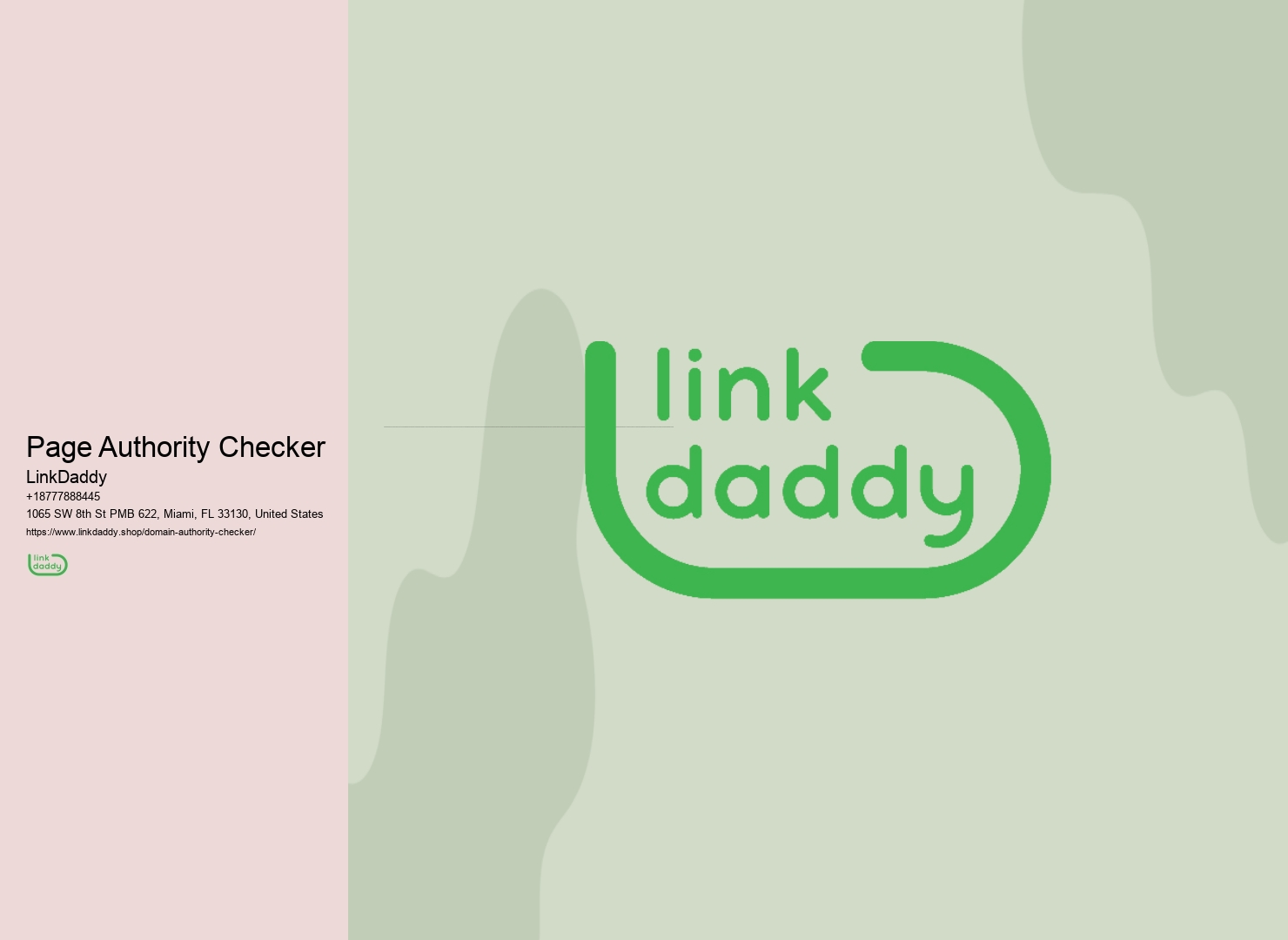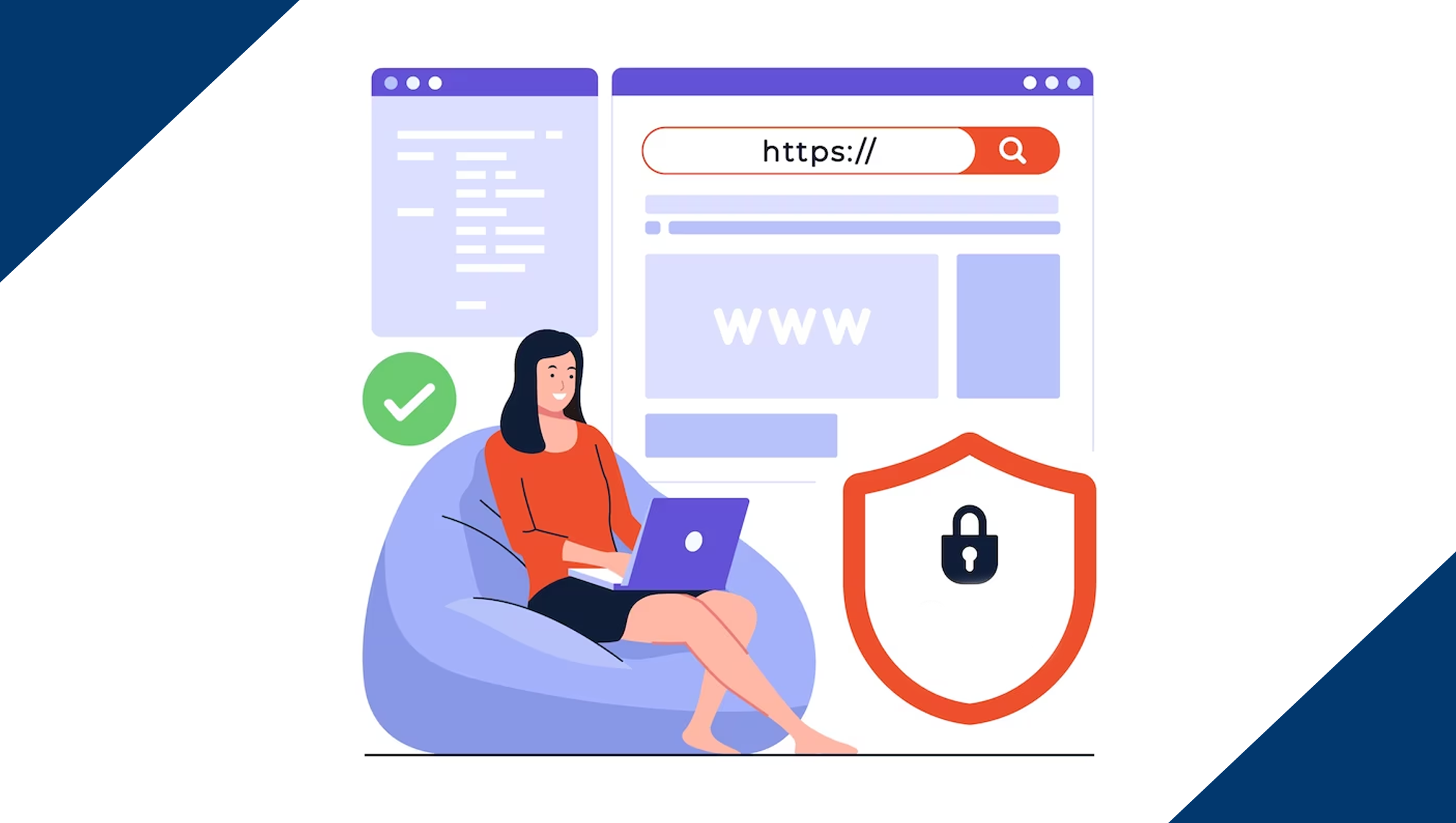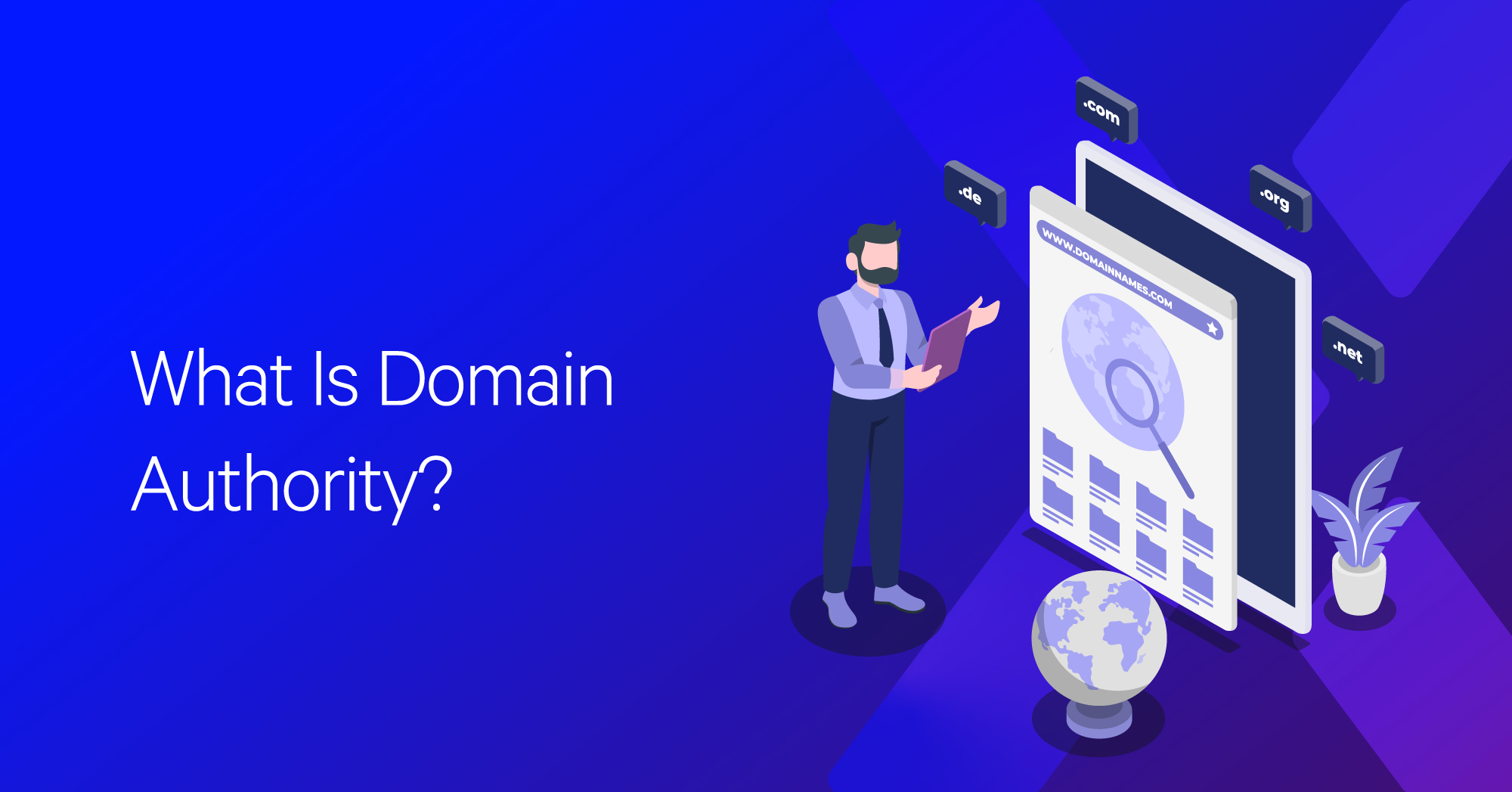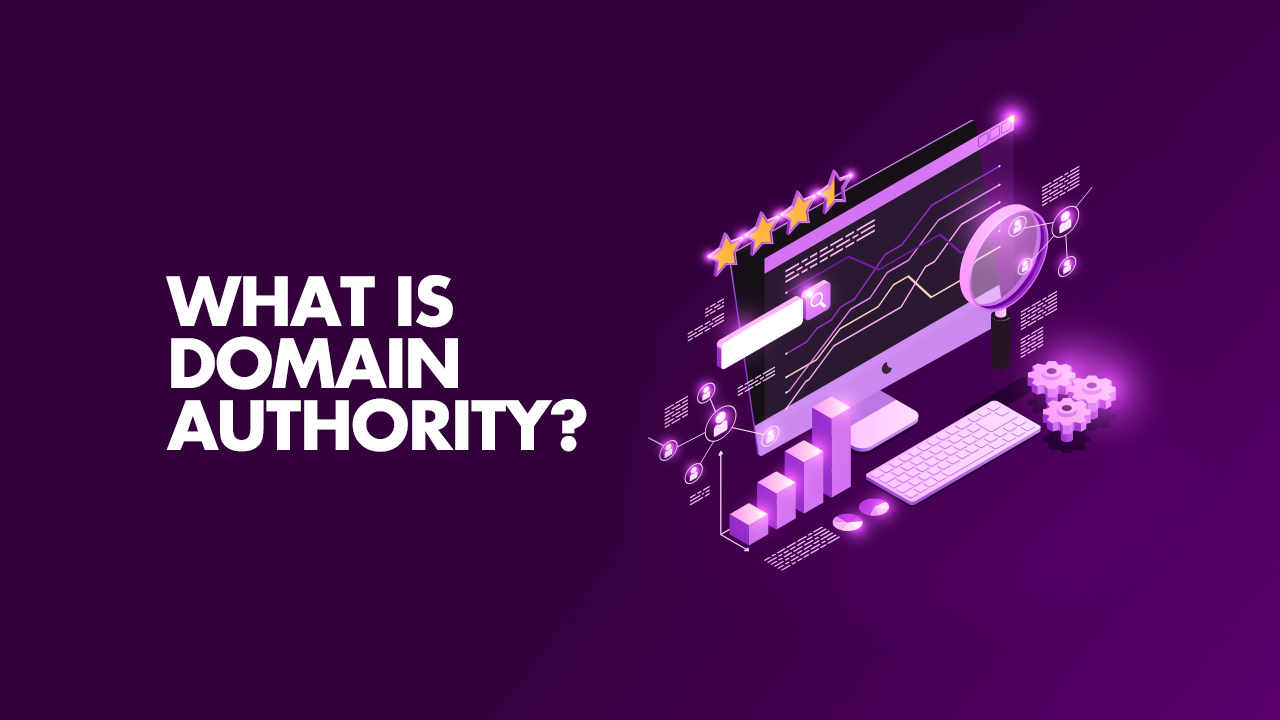

Having a website with authority and credibility is key for a successful online presence. Authority and credibility can be defined as the trustworthiness and reliability of a website, and both are essential for long-term success.
Enhancing your website's authority and credibility can be achieved by developing quality content, building links and connections, utilizing social media, and optimizing your site.
By following these steps, you can create a website that visitors trust and are more likely to return to.
Having a website with high levels of authority and credibility is essential for businesses to succeed in this digital age. Authority and credibility are two of the most important elements of any website, as they can help to determine how successful it will be.
Authority is the trustworthiness of a website, and the amount of respect a website has with its visitors. Credibility is the ability of a website to be viewed as reputable and reliable.
An authoritative website is one that is seen as an expert in its field, and is trusted to provide accurate and reliable information. This can be accomplished by having quality content that is well-written and informative. A website with credibility will also feature content that is accurate and up-to-date. Quality backlinks from reputable sources can also help to increase a website's credibility.
One of the most important aspects of establishing a strong online presence is understanding your target audience. Knowing who you are trying to reach can help you create content that resonates with them.
Additionally, it is also important to determine what kind of engagement you want from your audience. Do you want them to make a purchase, click a link, or simply share your content? Knowing this will help you tailor your content to fit the desires of your target audience.
Lastly, it is essential to analyze the feedback from your audience in order to make sure that you are catering to their needs and preferences. Taking the time to understand your audience can help you create more effective content and build a strong online presence.

Creating quality content for your website is essential for developing its authority and credibility. This content should be engaging, informative, and relevant. It should be well-written and free of errors, including typos and grammar mistakes.
Additionally, content should be regularly updated to ensure that visitors remain interested and engaged. It should also be optimized for search engines, so it can be easily found by potential customers.
Properly optimizing content can help boost website rankings and attract more organic traffic. Finally, content should be in line with the website's overall mission and objectives, and it should portray the website in a positive light. Quality content is the key to a website's success and can help increase its authority and credibility.
Building links and connections with other websites can be a great way to further enhance your website's authority and credibility. This will allow your website to become associated with other websites that have already established themselves as legitimate sources for information.
Linking to reputable websites and forming partnerships with other websites in the same field can help create a positive impression of your website in the eyes of potential customers or readers.
Additionally, it can also help to increase the search engine ranking of your website, as search engines may view links to other trusted websites as a sign of credibility. Building links and connections is an effective way to make your website more visible and more authoritative in a crowded online space.

Leveraging social media can be an effective way to further bolster your website's authority and credibility. With the right approach, this can help boost your site's visibility, reach, and reputation. Platforms such as Twitter, Facebook, and Instagram can be used to promote your website, while also engaging with potential customers.
It's important to create interesting content that people will want to share. You can also use social media to build relationships with influencers and other websites, which can lead to further networking opportunities.
Finally, by responding to comments and queries, you can show that you are an active and reliable presence online. With the right strategy, social media can be a powerful tool in your website's reputation management.
Building on the advantages of utilizing social media, another important aspect of increasing your website's authority and credibility is optimizing your site. This involves making sure your website is user friendly, well-designed, and up-to-date.
It should be easy to navigate and understand, and should have the right combination of visuals and content. Optimizing your website also includes making sure it is mobile-friendly, as more and more people are accessing websites from their mobile devices. Additionally, you should check the loading speed of your website to make sure it is quick, as slow loading websites can be a turn off to potential customers.
Lastly, you should make sure your website is secure and up-to-date with the latest security protocols to ensure the safety of your visitors. Taking these steps will help you build a website that is both secure and trustworthy, helping you increase authority and credibility.

Increasing your website's domain authority can have potential risks. When attempting to increase your domain authority, it is important to make sure you are doing it in a safe and effective way. For example, if you are using link building techniques, it is important to make sure they are from reputable websites. If not, you may be penalized for spam or be subject to a manual penalty from Google. Furthermore, it is important to make sure your website meets the quality standards of search engines, as violations could lead to penalization. Ultimately, it is important to be sure you are taking the proper steps to safely and effectively increase your website's domain authority.
Building an online presence can be a great way to increase visibility and reach potential customers. Popular platforms for building an online presence include social media sites such as Facebook, Twitter, Instagram, and LinkedIn, as well as websites, blogs, and forums. Depending on the type of business, it can also be beneficial to create an online store or establish an email list. Additionally, having a cohesive content strategy and using SEO best practices can help ensure that customers can easily find and interact with your business online.
Measuring the success of domain authority improvement efforts involves tracking key performance indicators (KPIs). These KPIs can include the number of backlinks, the amount of organic traffic, and the number of referring domains. Additionally, it is important to monitor the Domain Authority score of the website over time. This score is determined by a variety of factors such as the quality of backlinks, the number of referring domains, and the number of indexed pages. By tracking these KPIs, it is possible to accurately gauge the success of domain authority improvement efforts.